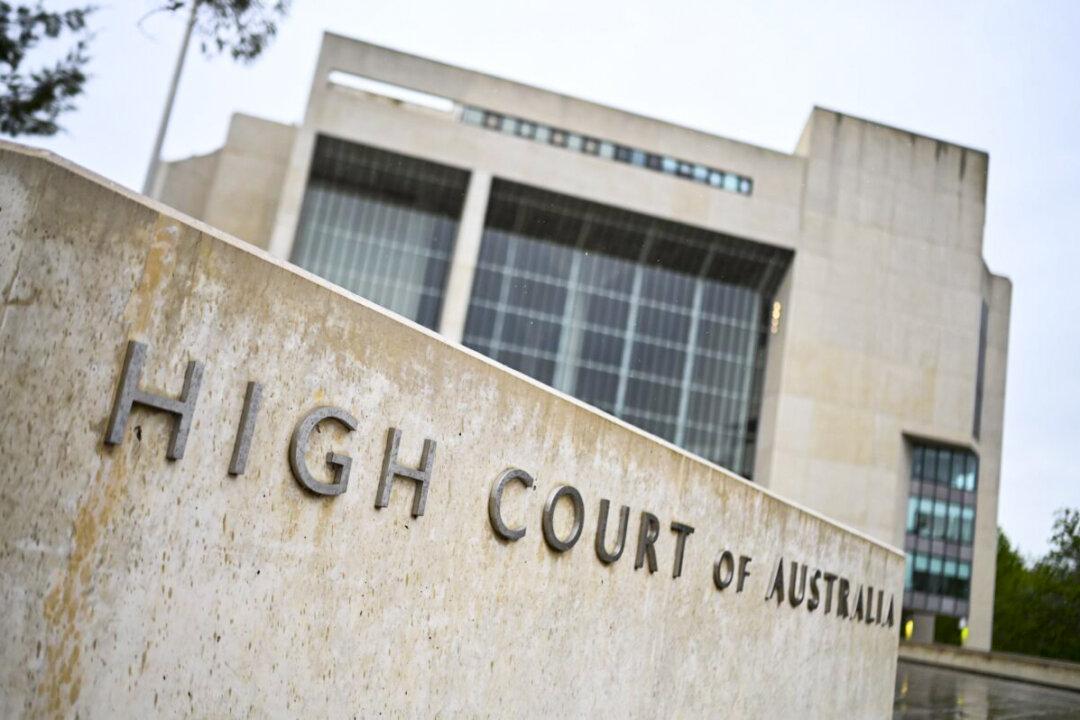Another legal challenge has been filed in the High Court to oppose the Australian government’s legislation aimed at monitoring detainees recently released from indefinite immigration detention through the use of ankle bracelets and stringent curfews.
The latest legal challenge was filed on Nov. 28 by Refugee Legal on behalf of a 37-year-old Afghan man who was previously found to be a refugee.




